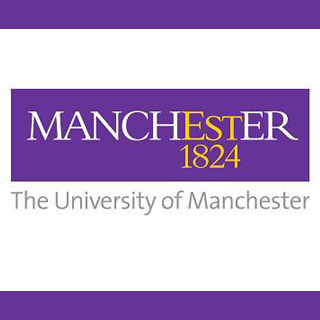
The investigation was carried out on 540 babies born before 30 weeks’ gestation and less than two weeks old. Newborns were randomly assigned to receive n-CPAP or n-BiPAP. Scientists focused on distinguishing which device enabled the baby to breathe most comfortably and stay off the ventilator. Employment of the newly introduced device may allow early and successful extubation, so newborns end up spending less amount of time on the ventilator. Also the chances of injury to the baby’s lungs are supposedly reduced.
It is believed that n-CPAP and n-BiPAP equipment aid premature newborns in treating breathing difficulties. n-CPAP possibly generate a constant pressure at the nose that is transmitted to the lungs. On the other hand, n-BiPAP produces a constant pressure and also gives extra breaths. Dr. Victor, who is a clinical lecturer in the University’s School of Biomedicine, and colleagues conclude that both the breathing-support devices are of significant help to premature babies.
The study was funded by the National Institute for Health Research (NIHR).
